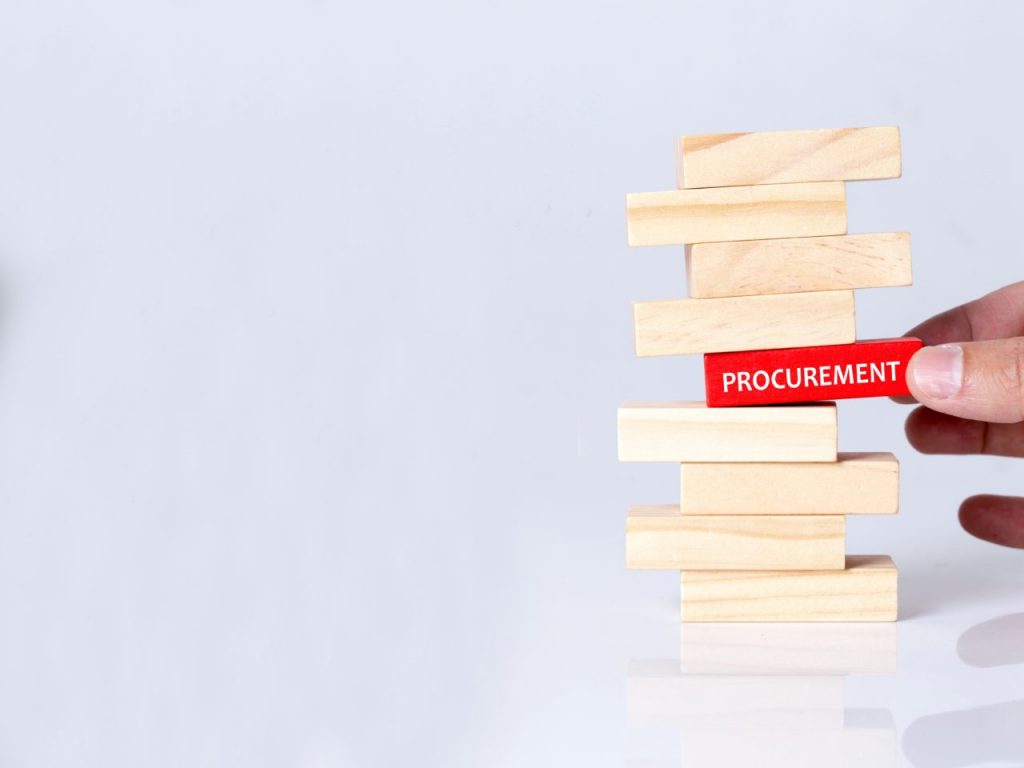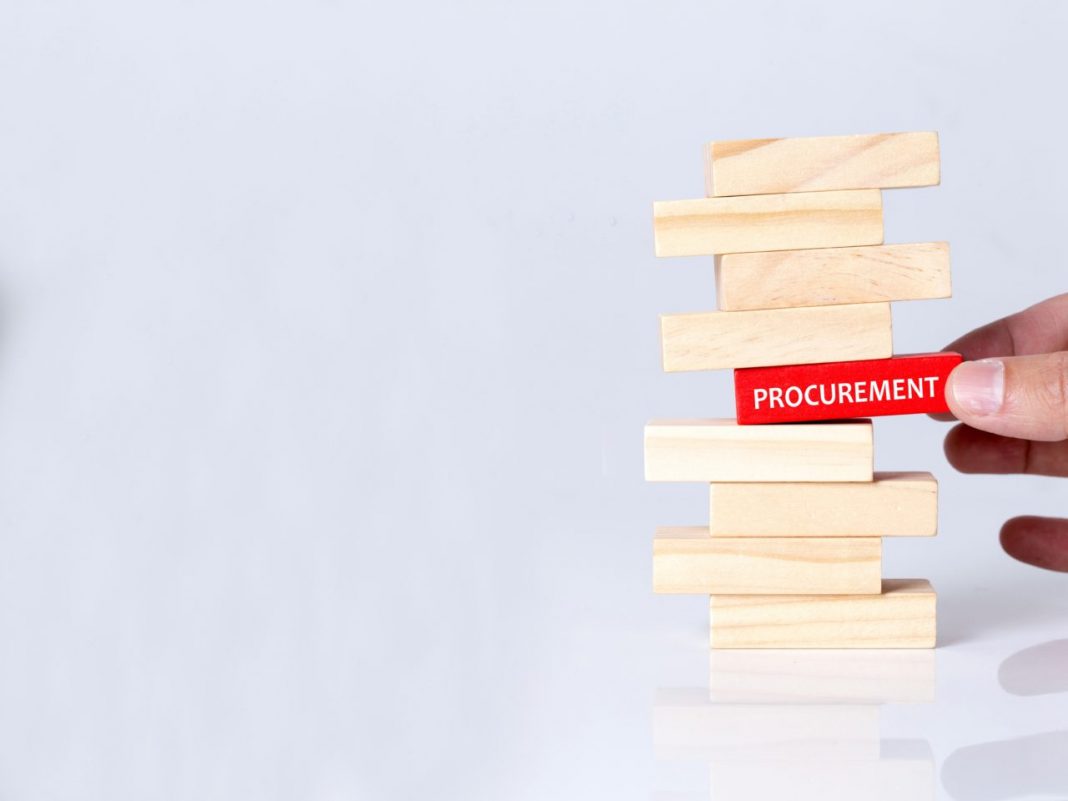In the UK, public sector procurement plays a vital role in the economy, and businesses frequently compete for government contracts. However, despite the transparency and fairness that these processes aim to uphold, there are occasions where businesses believe a procurement decision is flawed or unfair. If you are a supplier or bidder dissatisfied with a public sector procurement decision, you have the right to challenge it. Understanding the grounds for a challenge, the procedures involved, and how to go about it can significantly improve your chances of success.

In this article, we will guide you through the process of challenging a UK public sector procurement decision, including the steps, timelines, and key considerations to help you navigate this complex process.
Grounds for Challenging a Procurement Decision
Before challenging a procurement decision, it’s important to understand the grounds on which such a challenge can be made. Procurement law in the UK is designed to ensure transparency, fairness, and competition, meaning that procurement decisions must comply with the legal framework governing public procurement. The most common grounds for challenging a procurement decision include:
1. Failure to Follow the Correct Procedure
Public procurement is subject to strict rules outlined in the Public Contracts Regulations 2015 and other related legislation. If a contracting authority fails to follow the proper procurement procedure, such as inadequate advertising of contracts, improper tender evaluation, or failure to provide necessary documentation, this could be grounds for a challenge.
2. Breach of the Principles of Non-Discrimination and Equal Treatment
Procurement decisions must uphold the principles of non-discrimination, equal treatment, and transparency. If you believe that a procurement decision unfairly discriminated against your business, or if the process was biased, you may have grounds to challenge the decision.
3. Unjustified Rejection of Your Bid
If your bid meets all the requirements and is in compliance with the tender specifications, but it was unjustly rejected or not evaluated correctly, this could form the basis of your challenge. For instance, if the contracting authority gives preference to a bid that doesn’t meet the necessary criteria, you may have grounds for an appeal.
4. Lack of Transparency in the Evaluation Process
Procurement authorities are required to assess bids in a transparent and objective manner. If there is a lack of clarity regarding how the evaluation of bids was conducted, or if the criteria were not consistently applied, this could be a valid reason for challenging the decision.
5. Violation of Contractual or Statutory Obligations
If the awarding body violates specific contractual obligations or fails to meet statutory procurement requirements, a challenge could be made. This might include not allowing the appropriate time for submissions, failing to comply with regulations regarding the publication of tender documents, or not adhering to their own policies.
Steps to Challenge a Procurement Decision
If you decide to challenge a public sector procurement decision, it’s crucial to follow the correct steps to ensure that your challenge is considered valid. Below are the key steps to take:
1. Review the Tender Documents and Decision
The first step in challenging a procurement decision is to thoroughly review the tender documents, including the evaluation criteria, contract requirements, and any communication from the contracting authority. Understanding the specific reasons why your bid was unsuccessful will provide valuable context for your challenge.
Look for any discrepancies, inconsistencies, or areas where you believe the contracting authority did not follow proper procedures. Identify any parts of the process that may have been unfair or non-compliant with procurement regulations.
2. Seek Clarification from the Contracting Authority
Before formally challenging the decision, it’s often a good idea to seek clarification from the contracting authority. Contact the public sector body that made the procurement decision and ask for detailed feedback on why your bid was unsuccessful. This might include requesting clarification on the evaluation process, reasons for rejection, and any aspects of your bid that were deemed non-compliant.
While this step won’t necessarily resolve the issue, it may provide further insight into the rationale behind the decision and help you determine whether the challenge is worth pursuing.
3. Consider Alternative Dispute Resolution (ADR)
In some cases, it may be possible to resolve procurement disputes through alternative dispute resolution (ADR), such as mediation or arbitration. This process can be faster and less costly than going through formal litigation. Some public sector contracts may include a clause requiring disputes to be resolved through ADR before any legal action is taken.
Check the terms and conditions of the contract to see whether ADR is an option. If it is, consider using it to resolve the dispute amicably. Even if ADR is not mandatory, it may still be worth pursuing as a first step before escalating to formal legal proceedings.
4. File a Formal Challenge
If informal attempts to resolve the issue are unsuccessful or if ADR is not an option, the next step is to file a formal legal challenge. You will typically need to follow these steps:
- Issue a Pre-Action Letter: Before initiating a claim in court, you are generally required to send a Pre-Action Protocol Letter to the contracting authority. This letter must outline the grounds for your challenge and allow the authority an opportunity to resolve the issue without formal legal action.
- Consider Judicial Review: If your challenge is not resolved through the pre-action process, you can apply for judicial review. This is a form of legal challenge that allows a judge to review the procurement process for errors, such as failure to follow the proper procedure or violation of procurement rules. Judicial review is typically heard in the High Court.
5. Timelines for Challenging a Decision
Timeliness is critical when challenging a procurement decision. In most cases, challenges must be made within 30 days of the contracting authority’s decision. If you do not challenge within this period, your ability to contest the decision could be severely limited.
If you are considering judicial review, it is essential to act quickly, as delays could lead to your challenge being dismissed. Additionally, if you are applying for an injunction to halt the contract award or execution, the challenge needs to be filed as soon as possible to prevent damage to your interests.
6. Legal Costs and Considerations
Challenging a procurement decision can be expensive, particularly if the case goes to court. Legal costs can include fees for solicitors, barristers, and court fees. Before proceeding, carefully consider whether the potential benefits of challenging the decision outweigh the costs involved.
However, in certain cases, public bodies may be required to pay the legal costs of the challenger if the procurement decision is found to be unlawful. It’s also important to note that the court can order an injunction to prevent the contract from being awarded while the case is being heard.
Conclusion
Challenging a public sector procurement decision in the UK is a serious and complex process that requires careful consideration, a thorough understanding of procurement regulations, and adherence to strict timelines. While procurement decisions are designed to be fair and transparent, there are circumstances where they may be flawed, and businesses have the right to challenge them.
If you believe that a procurement decision has been made unfairly, review the relevant documentation, seek clarification from the contracting authority, and consider using alternative dispute resolution methods. If these approaches do not work, you may need to pursue formal legal channels such as judicial review. By understanding the process, acting promptly, and seeking expert legal advice, you can increase your chances of a successful challenge and protect your business interests.




